San Rafael High School alum Jordan Locke sat in the snow, along with two other girls and a Boy Scout troop at Camp Marin Sierra in Tahoe National Forest while eating cold chili from a can and wondering how she ended up in this situation. There is never a dull moment in Boy Scouts. This was her first outing, whose youth leaders did not remember to bring any means to heat up the chili. At this point, Locke was just a freshman in high school, new to Scouts, and just wanted some warm chili.
She found herself here because of Lisa Linnenkohl, who knew Locke as a long-time friend of Linnenkohl’s daughter, Katie Linnenkohl. Linnenkohl reached out to Locke and encouraged her to join Venture Crew 215 in order to be involved with Scouts until it was possible for girls to join Boy Scouts. Venturing is a section of Boy Scouts that has a larger emphasis on high-adventure activities and community outreach. Venturing is for scouts ages 14-20, while Boy Scouts is for scouts ages 11-18. Venturing first became co-ed in 1971, while Boy Scouts became co-ed in 2019.
“Jordan was a very willing participant,” says Linnenkohl. “We started the crew, she and the other girls were on it right away.”
While Venturing is very valuable to Locke’s Scouting journey, it picked up speed in her senior year of high school, when Boy Scouts of America announced they would be allowing girls to join the organization.
Locke, alongside Gina Schneider, Stefanie Iojica, and Bella Segovia started Troop 1015 with Linnenkohl as their scoutmaster in 2019, sister troop to Troop 15 in San Anselmo. However, upon realizing that she and the other girls would not have enough time to earn their Eagle Awards before the age 18 cutoff, Locke knew she had to do something about it.
“It felt really unfair that we wouldn’t be allowed to pursue an Eagle Scout rank because the timing worked out really poorly,” says Locke. “We had been involved in Scouting for so long and we’d been such a big part of getting girls more active and involved in Scouts.”
Locke set out to make an impact on not only her own troop, but on girls’ troops across America. She, with the help of Linnenkohl, wrote a letter to David Goodman, Chris Cardinal, and Michael Dybeck, members of the Marin Council (local chapter of Boy Scouts of America that is responsible for all troops in the geographical area). The letter contained a resolution to extend the Eagle deadline for girls who physically couldn’t complete it before their 18th birthday.
“The letter was basically talking about how I had been involved in Scouting up to that point in Venture Crew,” she says. “We wanted some sort of evidence of how hard we’ve worked in Scouts, which is generally considered the Eagle Scout rank.”
In WWII, scouts who were drafted and came back after they were 18 or really close to 18 were granted the minimum time allotment in order to achieve Eagle, which is 14 months. Locke and the Marin Council used this point to ask the National Council that an extension would be given to any girl in Boy Scouts who was too close to the age limit. The National Council agreed. This was the 2nd time in history when an extension was granted for prospective Eagle Scouts.
“Jordan really spearheaded it,” says Linnenkohl. “She was really instrumental in helping our council participate in getting girls into Scouting.”
After hours of planning, preparation, and work, Locke earned her Eagle Award in February of 2021. An Eagle Award is earned only after the scout completes a self-planned and self-led service project. The project must be able to have a lasting impact on the community. Locke also worked hard to raise funds and searched for donations to benefit her project from the community. In addition, Eagle Scouts must complete 21 merit badges, which are badges given to scouts who have demonstrated proficiency in a subject area, such as cooking or camping.
Her original plan was to reach out to girls in areas where Scouting wasn’t easily accessible to increase inclusivity. However, Covid threw a wrench into this plan, forcing Locke to pivot. Instead, she worked with Canal Community Garden to build three tree planter boxes, each one holding either a lime tree, lemon tree, or blueberry bush for the community to freely take from.
“It was a pretty big effort, and at some points I felt overwhelmed with the obstacles it presented,” Locke says. “But I ended up having a lot of people who I had created a community with in Scouting over the years who came out, supported me, and helped me work.”
Not only was Locke working on her Eagle rank, but she was the first Senior Patrol Leader (highest youth leadership position) of Troop 1015 as well. She had to learn how to be a leader in a situation with a “layer of discomfort” – being new to the troop, yet being older than the majority of the scouts.
“People were mostly accepting,” she says. “But there was a lot of having conversations about why we were in Boy Scouts with 15 year olds who didn’t really care, they just wanted to rile us up.”
Being the Senior Patrol Leader is not an easy task, even for someone who isn’t in Locke’s position. It has a “steep learning curve.” Leaning on others for support, she found, is very important to being a strong and successful leader.
“It wasn’t the worst it could’ve been, because I had Lisa,” says Locke. “I had all the support I know not a lot of girls got everywhere in the US.”
Locke is evidence that being a Boy Scout has a lasting impact on a person’s ability to be a leader. As a structural engineering and geosciences major at UC San Diego, she became the Chapter President of Engineers for a Sustainable World, using her leadership skills to regain the organization’s pre-Covid numbers and activities.
“Scouting instilled a lot of confidence in me,” she says. “It’s really helped me have solid footing in terms of trying to build a network for my future career.”
In addition, Locke does her best to volunteer community service hours in college thanks to her experience in Boy Scouts.
“Being able to give back has strongly impacted how I choose to use my time,” she adds. “If I had not been in Scouting, I wouldn’t have realized how important it is to me.”
Although an alumni of SRHS, Locke put effort into creating a community of young female scouts in Troop 1015 that expanded beyond SRHS. Most of whom are now Eagle Scouts or in leadership positions themselves.
Eagle Scout Skylar Lariviere, sophomore at Branson, says, “I remember going to my first ever troop meeting and Jordan was the first scout who greeted me. She was so kind and excited that I was joining. I knew that I wanted to be in scouting because of the warming environment she made.”
Current Senior Patrol Leader Ruby Cole, sophomore at Marin Academy, says, “Jordan was always super friendly and outgoing – in meetings she would be the first person to hi, and always made you feel welcome. In her paving the way as part of the first wave of America’s female Eagle Scouts, Jordan has most definitely inspired myself and others.”
While Locke is not currently involved in Scouting, she definitely plans on going back someday. She wants to “impart what [she] learned onto other people trying to find their way.”
While there is lots to be done in terms of making Scouting accessible to all, BSA is on its way to becoming a more inclusive space, thanks to scouts like Locke.
Her advice: “Keep persevering because there’s always someone supporting you, even if it’s just yourself.”

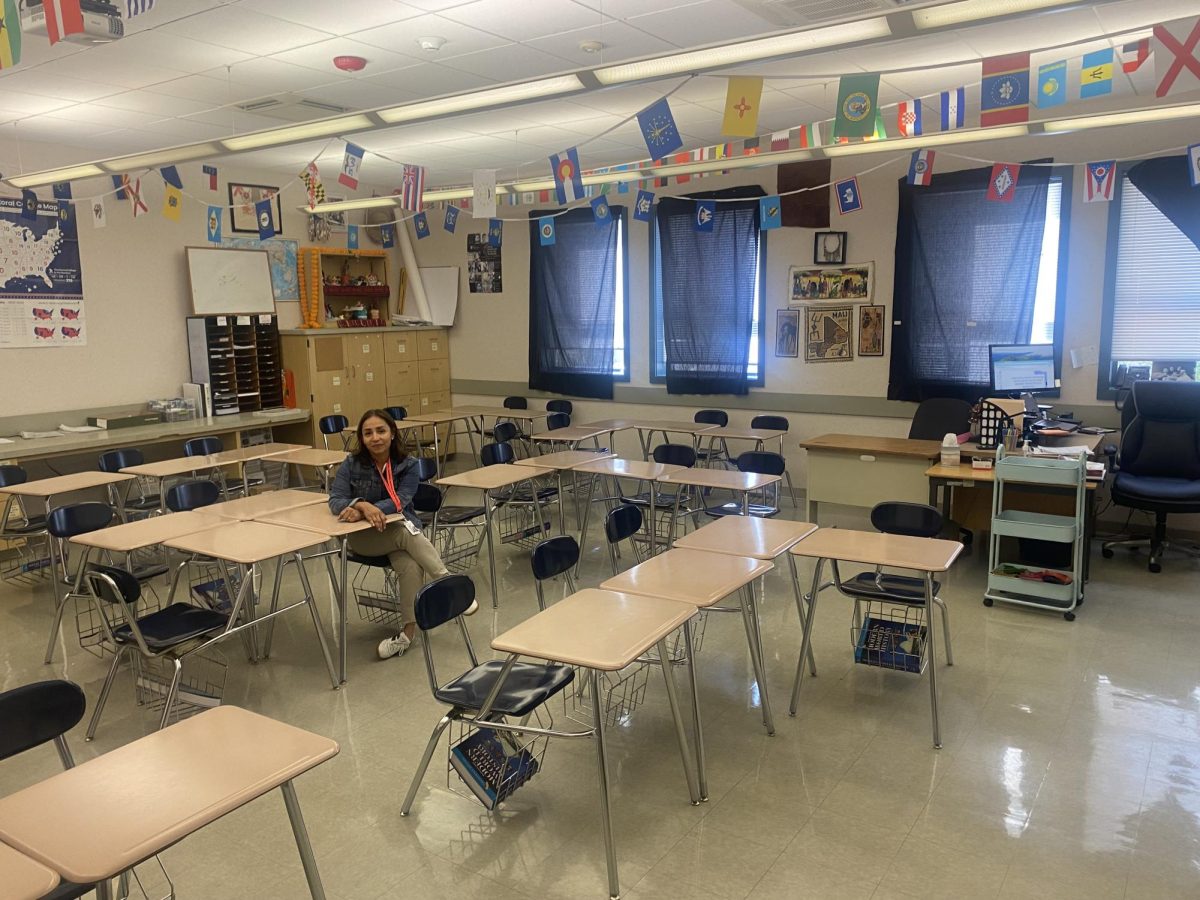
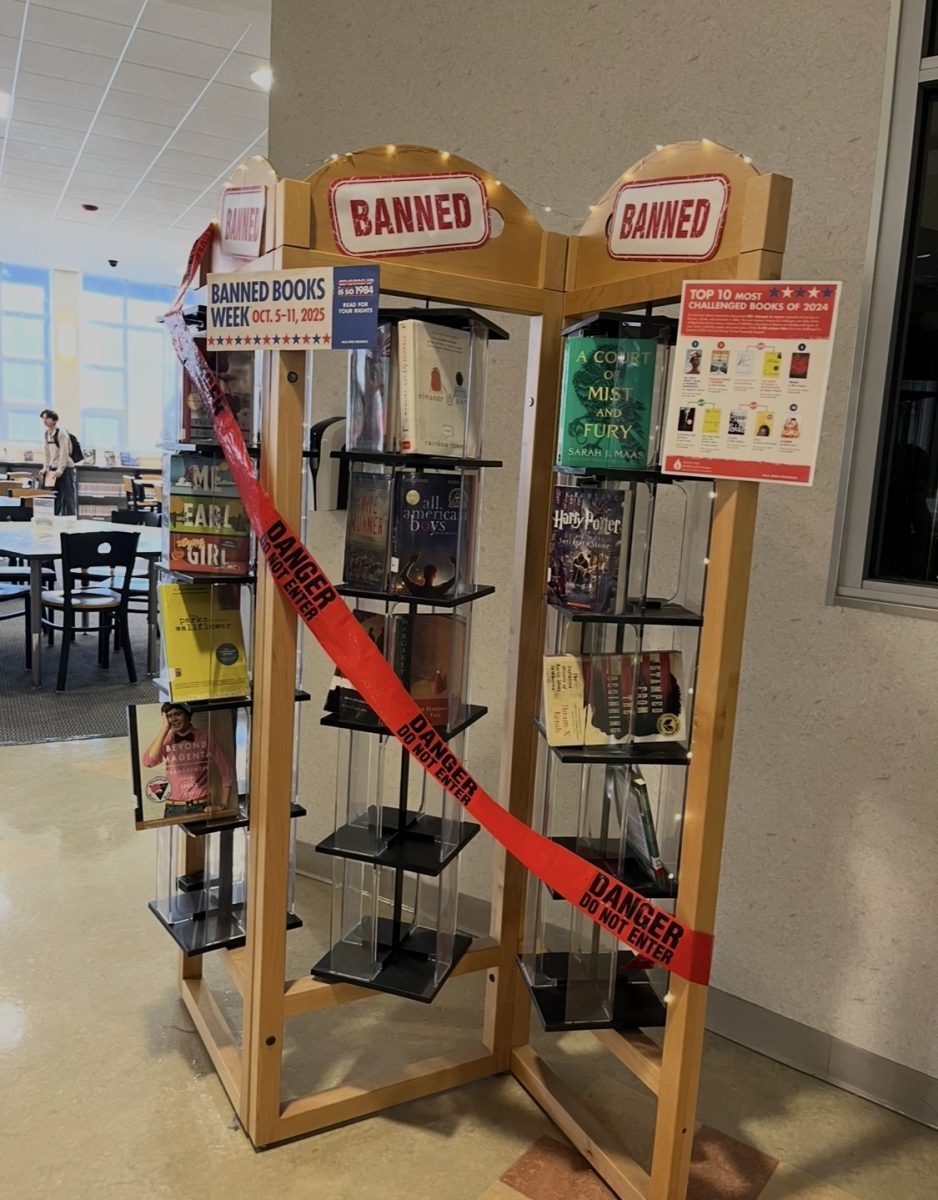
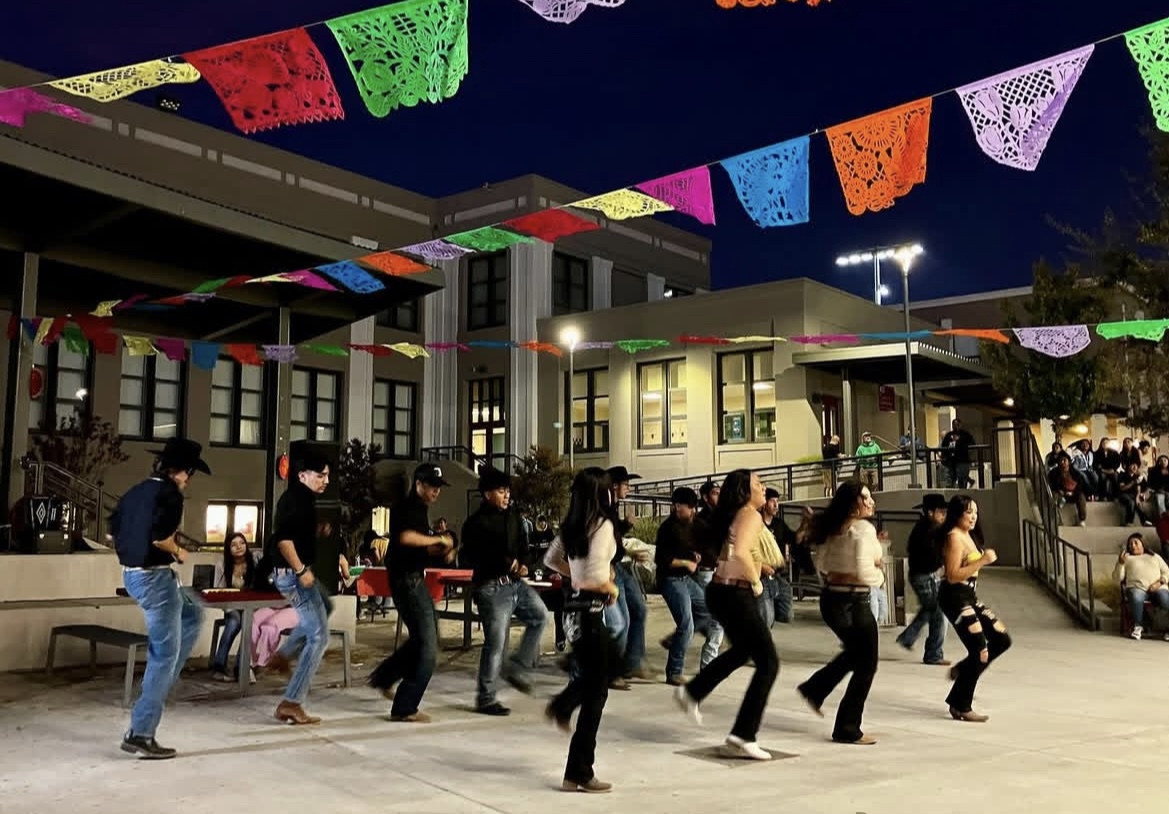
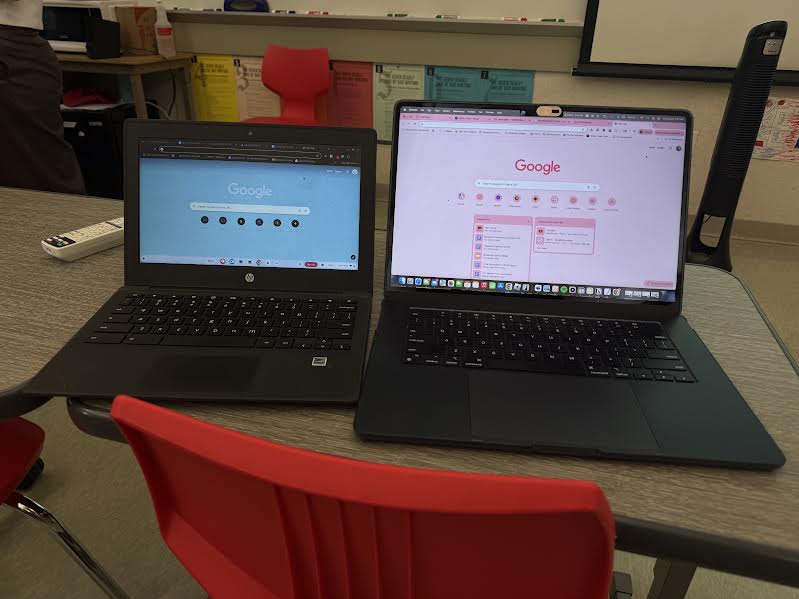
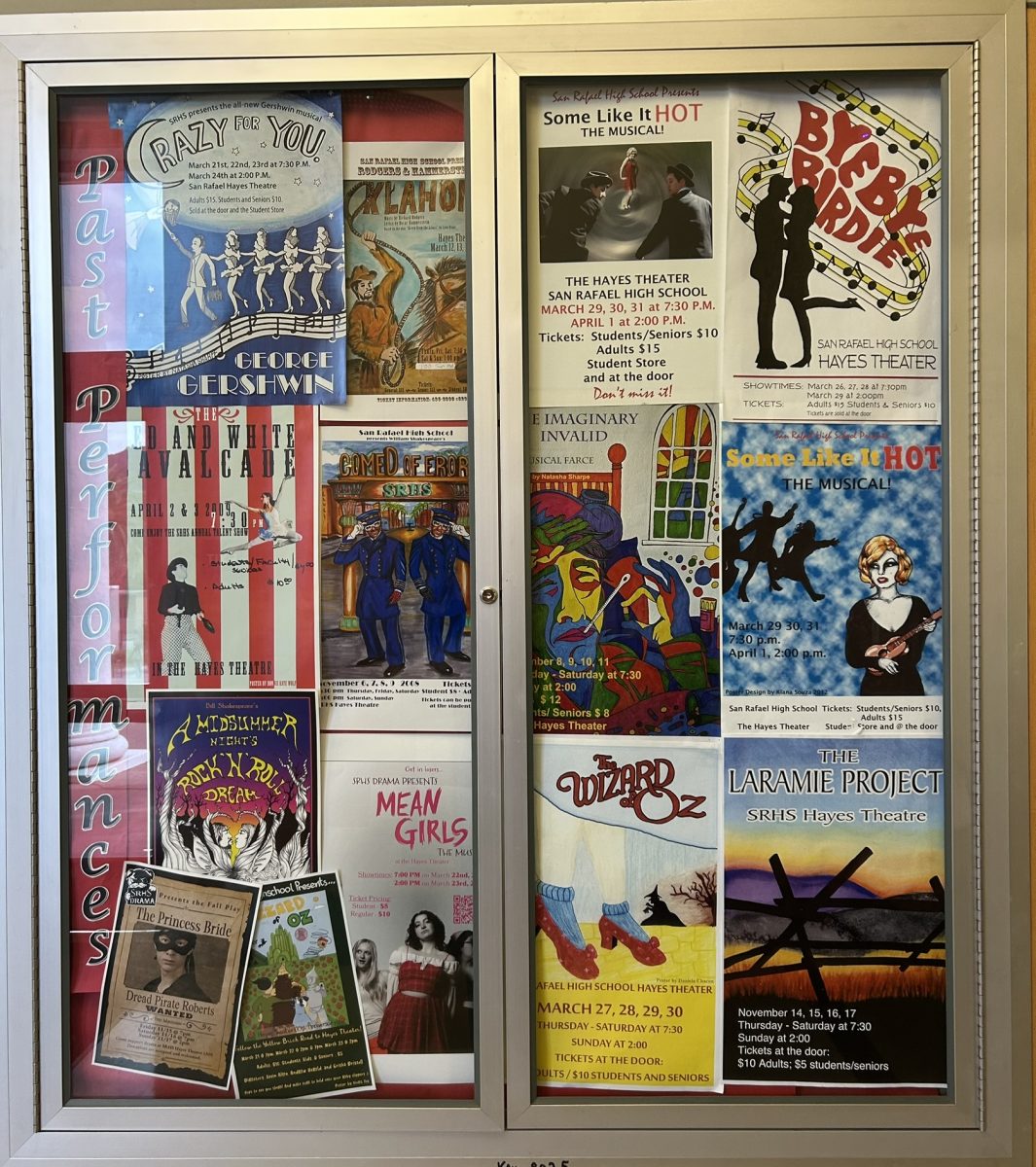










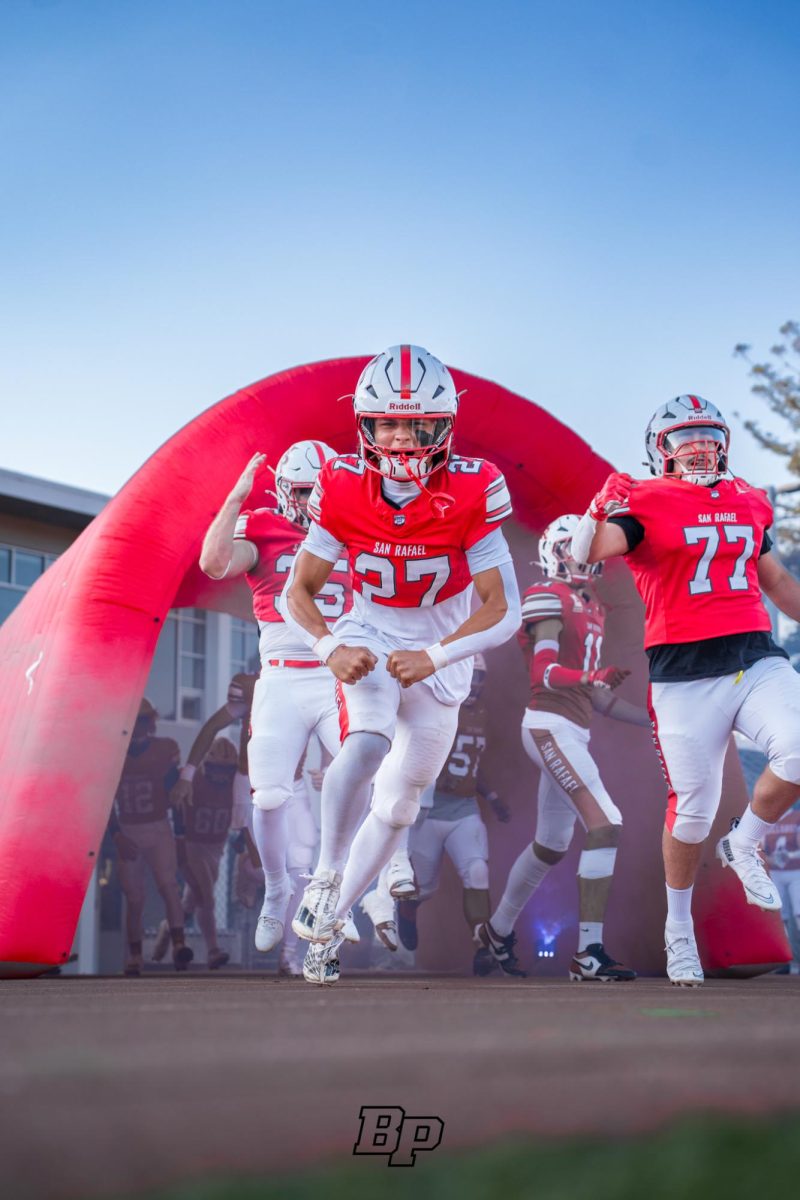
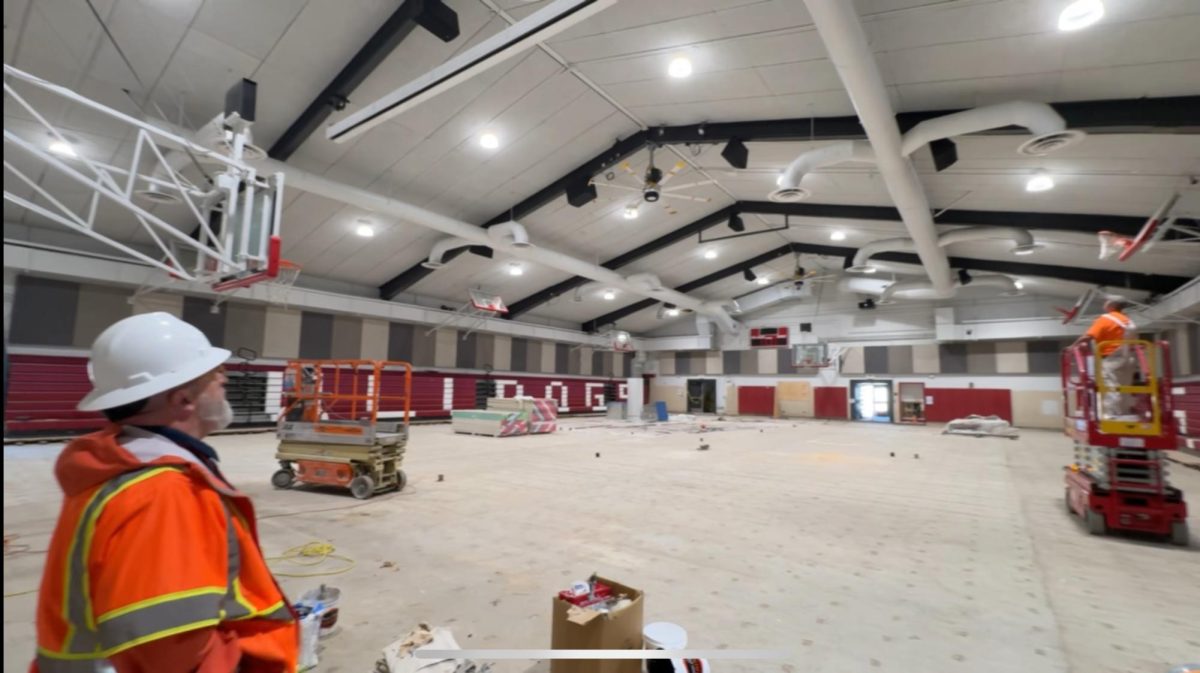




















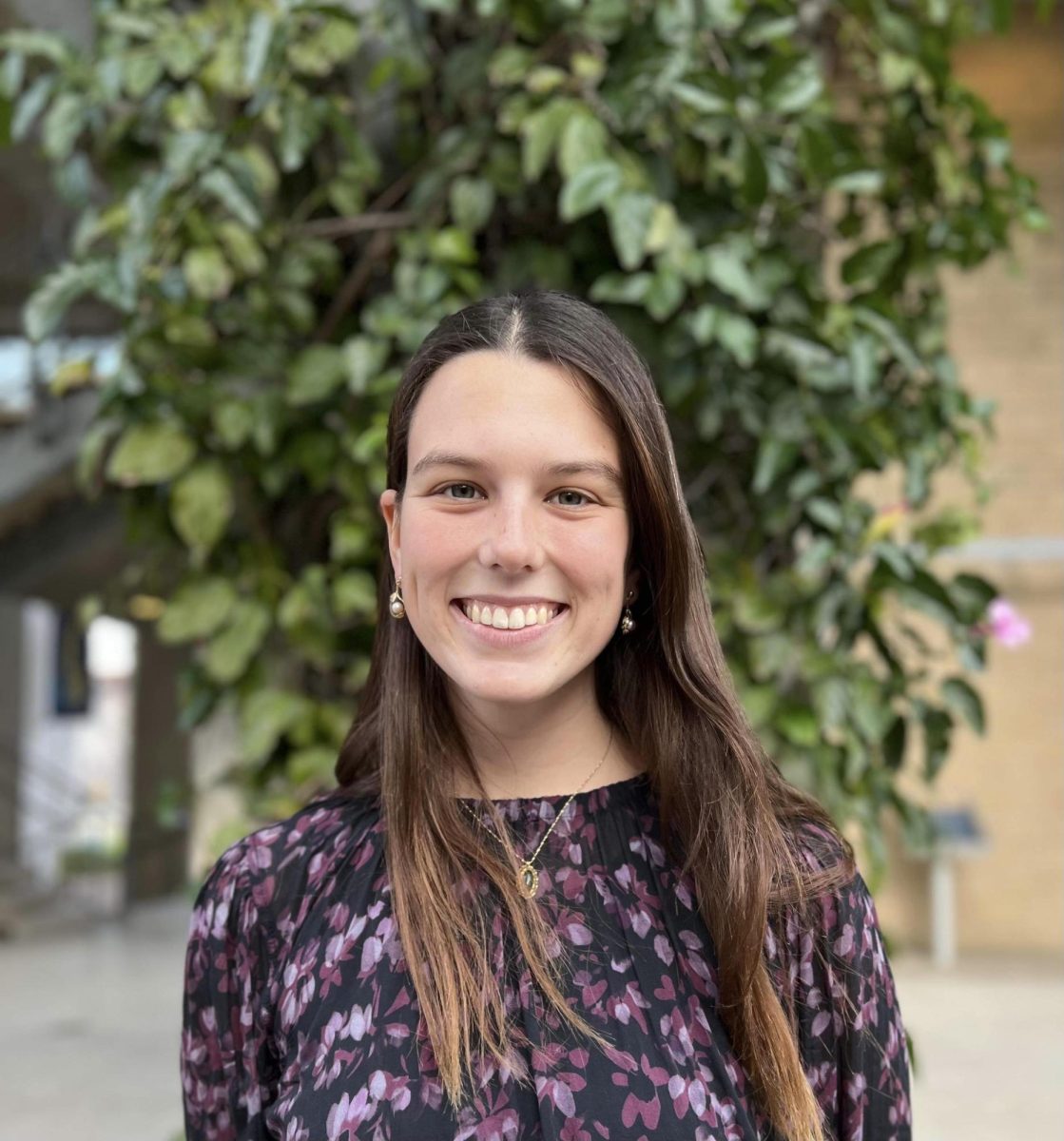
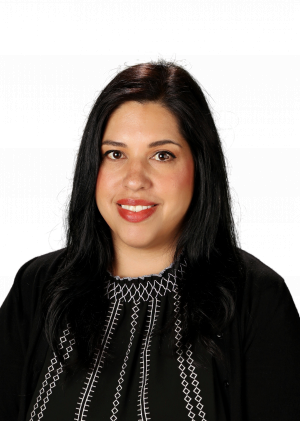
Mr. Morales • Dec 1, 2023 at 8:41 am
What a great profile! Jordan and Paige are exactly the kinds of role models I want for my daughter who is working on her second class rank in BSA. The lessons she is learning in scouts around leadership and preparedness are going to serve her well throughout life. Thanks for writing this great article- I can’t wait to share it with Troop 84 to inspire the next generation of female Boy Scouts!